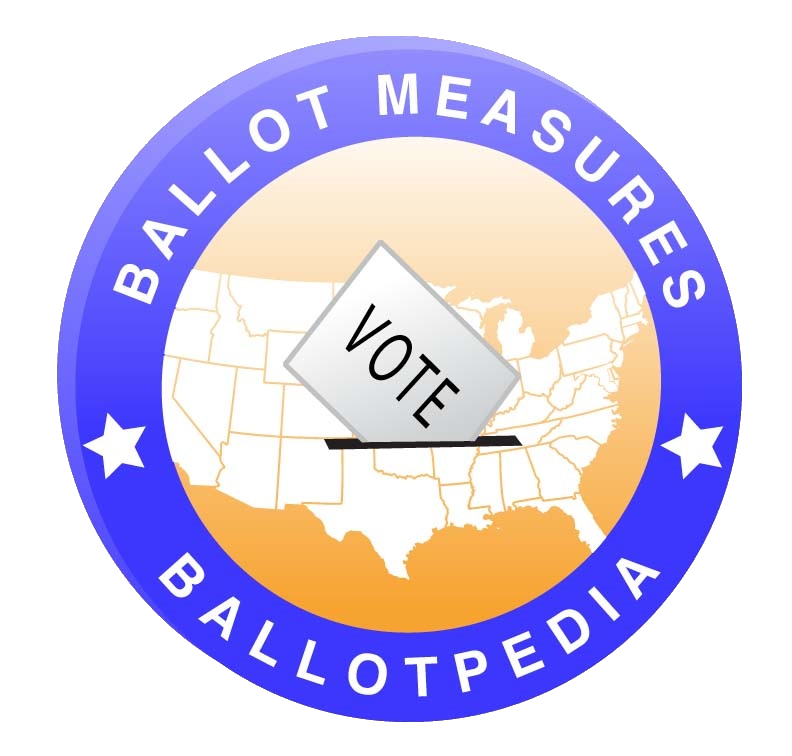Laws governing ballot measures in Wyoming
This page provides an overview of resources addressing the laws and procedures that govern statewide and local ballot measures in Wyoming, including the initiative and referendum process, constitutional amendments, signature requirements, recall procedures, and campaign finance regulations.
- Types of ballot measures in Wyoming
- Laws governing the initiative process in Wyoming
- Amending the Wyoming Constitution
- Laws governing local ballot measures in Wyoming
- Signature requirements for ballot measures in Wyoming
- Laws governing recall in Wyoming
- Laws governing state constitutional conventions in Wyoming
- Campaign finance requirements for Wyoming ballot measures
- Changes to laws governing ballot measures in Wyoming
Laws governing ballot measures in Wyoming
Types of ballot measures in Wyoming
- Wyoming has two types of citizen-initiated ballot measures: initiated state statutes and veto referendums.
- In Wyoming, the legislature can refer [[Legislatively referred constitutional amendments|constitutional amendments] and constitutional convention questions to the ballot.
Laws governing the initiative process in Wyoming
- In Wyoming, citizens have the power to initiate state statutes, as well as the power to repeal legislation through veto referendums.
- Wyoming adopted the initiative and referendum process in 1986, with voter approval of Amendment 1.
Amending the Wyoming Constitution
- Wyoming became a state in 1890. The current state constitution was ratified in 1889.
- The Wyoming Constitution can be amended in two ways:
- Legislatively referred constitutional amendment: The Wyoming State Legislature can refer constitutional amendments to the ballot, with a two-thirds vote in each legislative chamber.
- Convention-referred constitutional amendment: A state constitutional convention can vote to refer constitutional changes to the ballot.
- Amendments require approval from a simple majority from all voters casting a ballot in the election.
- A blank vote is effectively a 'no' vote on a constitutional amendment.
Laws governing local ballot measures in Wyoming
- The Wyoming Constitution makes no mention of the powers of local initiative and referendum.
Signature requirements for ballot measures in Wyoming
- In Wyoming, the number of signatures required for ballot initiatives is equal to 15 percent of the total number of votes cast in the previous general election.
Laws governing recall in Wyoming
- Wyoming Statute § 15-4-110 provides for the rules governing the recall process for local officials.[1]
Laws governing state constitutional conventions in Wyoming
- A two-thirds vote (66.67%) of both chambers of the Wyoming State Legislature is required to place a constitutional convention question on the ballot.
- Approval of the constitutional convention question requires a simple majority vote.
Campaign finance requirements for Wyoming ballot measures
- PACs that support or oppose ballot measures in Wyoming must register and report campaign finance.
Changes to laws governing ballot measures in Wyoming
- House Bill 122: The bill changed the timeline for reapproval of property taxes that fund senior citizen service districts. In Wyoming, if voters approve a measure to authorize a property tax that funds a senior citizen service district, the question to reauthorize that property tax must be approved every two years. The bill changes that timeline to every four years.[2]
| HB 122 Vote | Senate | House | ||||
|---|---|---|---|---|---|---|
| Yes | No | NV | Yes | No | NV | |
| Total | 29 | 2 | 0 | 44 | 17 | 1 |
| Democratic (D) | 2 | 0 | 0 | 6 | 0 | 0 |
| Republican (R) | 27 | 2 | 0 | 38 | 17 | 1 |
- House Bill 337: The bill prohibited foreign nationals from donating directly or indirectly to ballot measure committees.[3]
| HB 337 Vote | Senate | House | ||||
|---|---|---|---|---|---|---|
| Yes | No | NV | Yes | No | NV | |
| Total | 31 | 0 | 0 | 58 | 2 | 2 |
| Democratic (D) | 2 | 0 | 0 | 5 | 1 | 0 |
| Republican (R) | 29 | 0 | 0 | 53 | 1 | 2 |
- House Bill 79 (Vetoed): The bill would have provided that bond measures voted on at an election other than a general election that receive a majority of the vote in approval can only be adopted if the total number of ballots cast is more than 25% plus one of the total number of qualified electors who voted in the district in the last general election.[4]
| HB 79 Vote | Senate | House | ||||
|---|---|---|---|---|---|---|
| Yes | No | NV | Yes | No | NV | |
| Total | 30 | 1 | 0 | 52 | 7 | 3 |
| Democratic (D) | 1 | 1 | 0 | 3 | 3 | 0 |
| Republican (R) | 29 | 0 | 0 | 49 | 4 | 3 |
See also

- • State ballot measures
- • Local ballot measures
- • Analyses
- • Campaign finance
- • Endorsements
- • Polls
Footnotes



